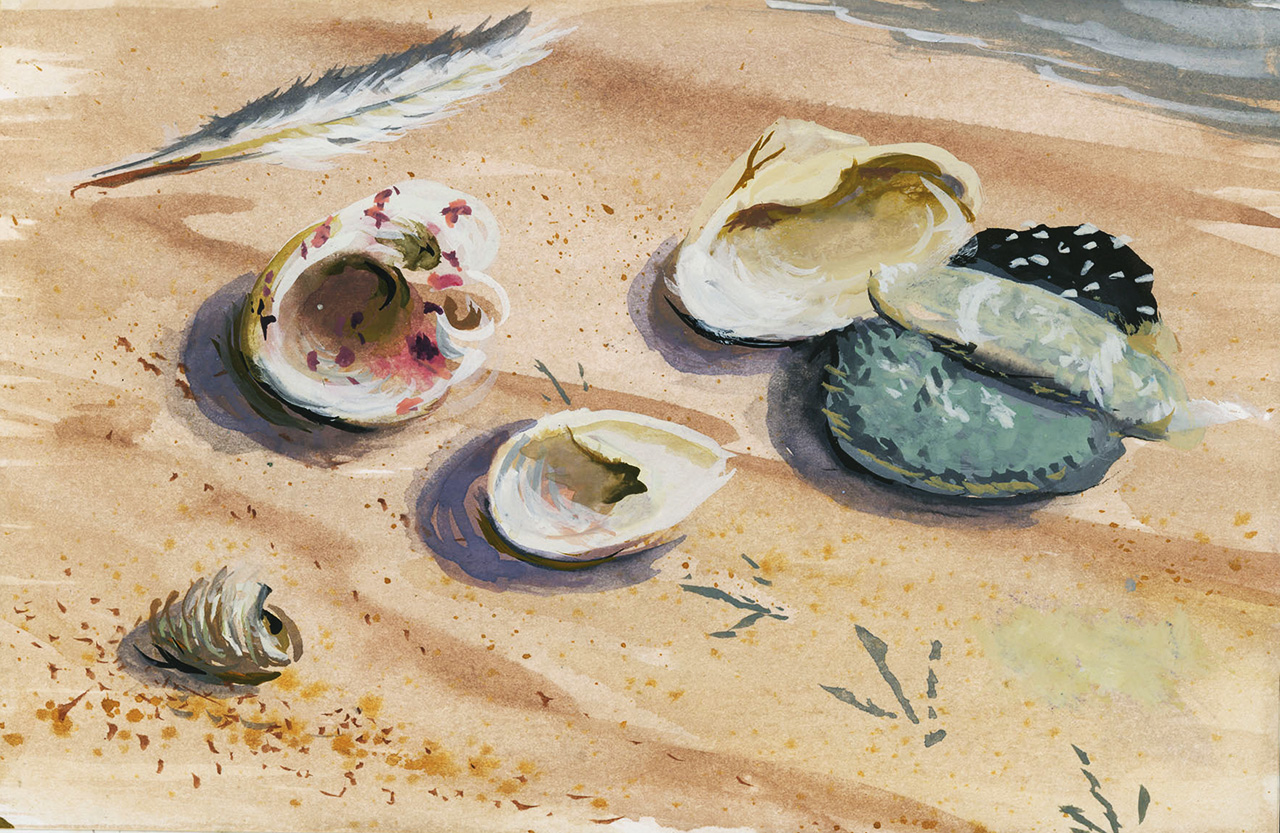An illustrated lecture by Tiffany Smythe, Ph.D.
Wednesday, July 11th, 2018
Time: 4 p.m.
Location: Museum, 2nd Floor.
The Block Island Wind Farm, just miles from Fishers Island, went live in 2016 and became the United States’ first offshore wind farm. Its five turbines are providing clean energy to up to 17,000 homes on Block Island and mainland Rhode Island, and enabled Block Island to shut down the diesel-powered generator that has powered the island community since 1925.
Yet the Block Island project is only one of many such projects proposed for up and down the U.S. east coast. What can coastal communities expect to see? What are the potential environmental, economic and social impacts and benefits of these projects? How do government agencies, stakeholders and industry work together to plan and site offshore wind farms, and how can you be involved? Dr. Tiffany Smythe from the University of Rhode Island will provide an overview of the state of offshore wind energy development along the U.S. east coast and its implications for coastal communities, sharing research findings and lessons learned from Rhode Island’s experience with the Block Island Wind Farm.
Dr. Tiffany Smythe is a Marine Research Associate with the Coastal Resources Center/Rhode Island Sea Grant College Program and an Adjunct Professor of Marine Affairs at the University of Rhode Island. Smythe is a marine policy specialist and social scientist who conducts applied research and outreach on a broad range of ocean and coastal issues. Tiffany co-authored and co-facilitated Rhode Island’s Ocean Special Area Management Plan (Ocean SAMP), the state regulatory plan which led to the siting and permitting of the Block Island Wind Farm. She is currently co-Principal Investigator of a U.S. Bureau of Ocean Energy Management-funded project analyzing the effects of the Block Island Wind Farm on recreation and tourism, and of a Sea Grant-funded project analyzing the effects of the wind farm on the recreational fishing community.
Tiffany has worked on marine issues for over 20 years. She began her career in marine education and has worked in the academic, non-profit and government sectors on topics ranging from oyster aquaculture and restoration to the impacts of Hurricane Sandy on the Port of New York and New Jersey. Tiffany has master’s and Ph.D. degrees in Marine Affairs from the University of Rhode Island as well as bachelor and master’s degrees from Columbia University. She is also a U.S. Coast Guard-licensed ship captain and a Senior Fellow with the Environmental Leadership Program. For more information please visit www.tiffanysmythephd.com.



